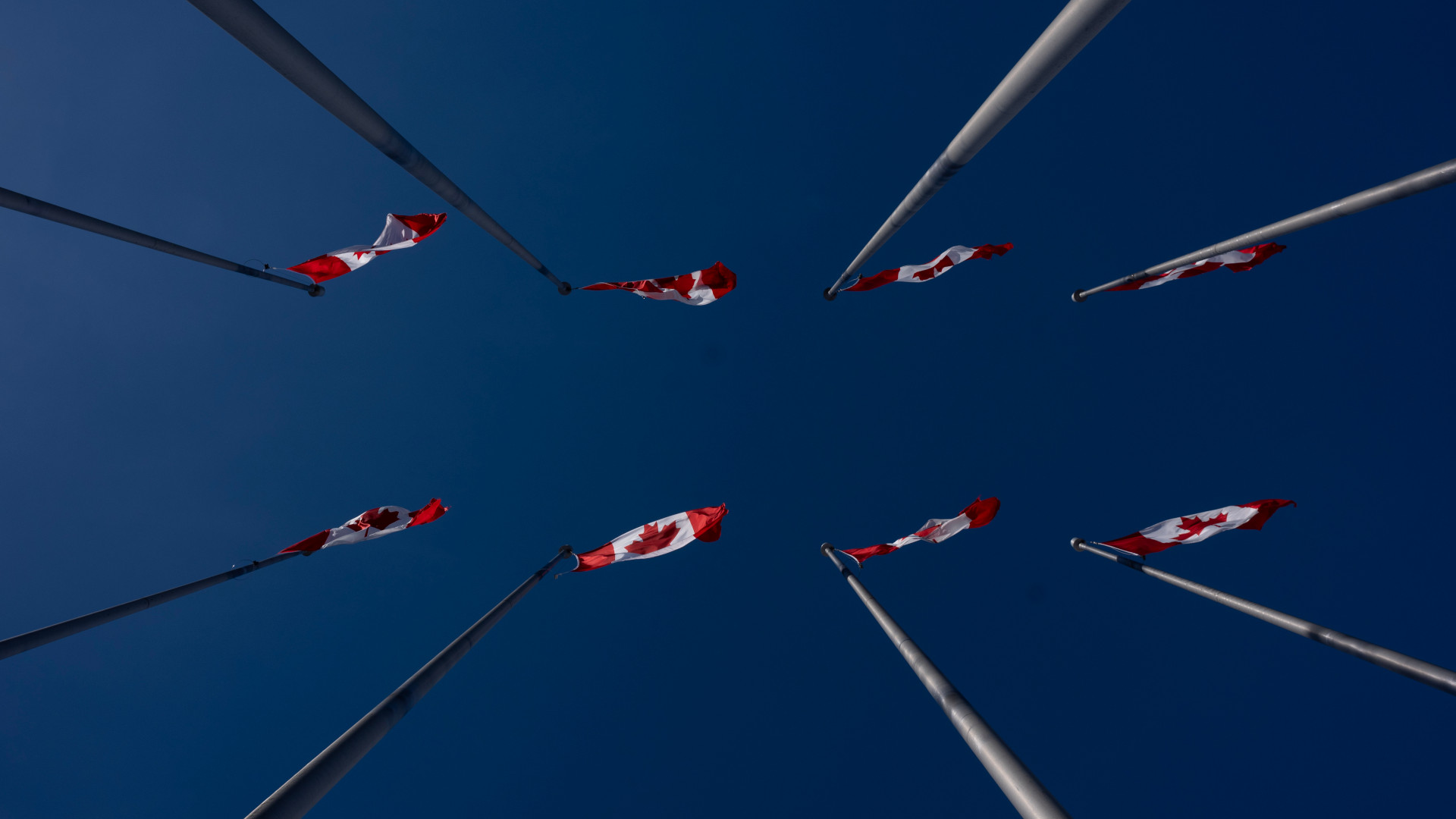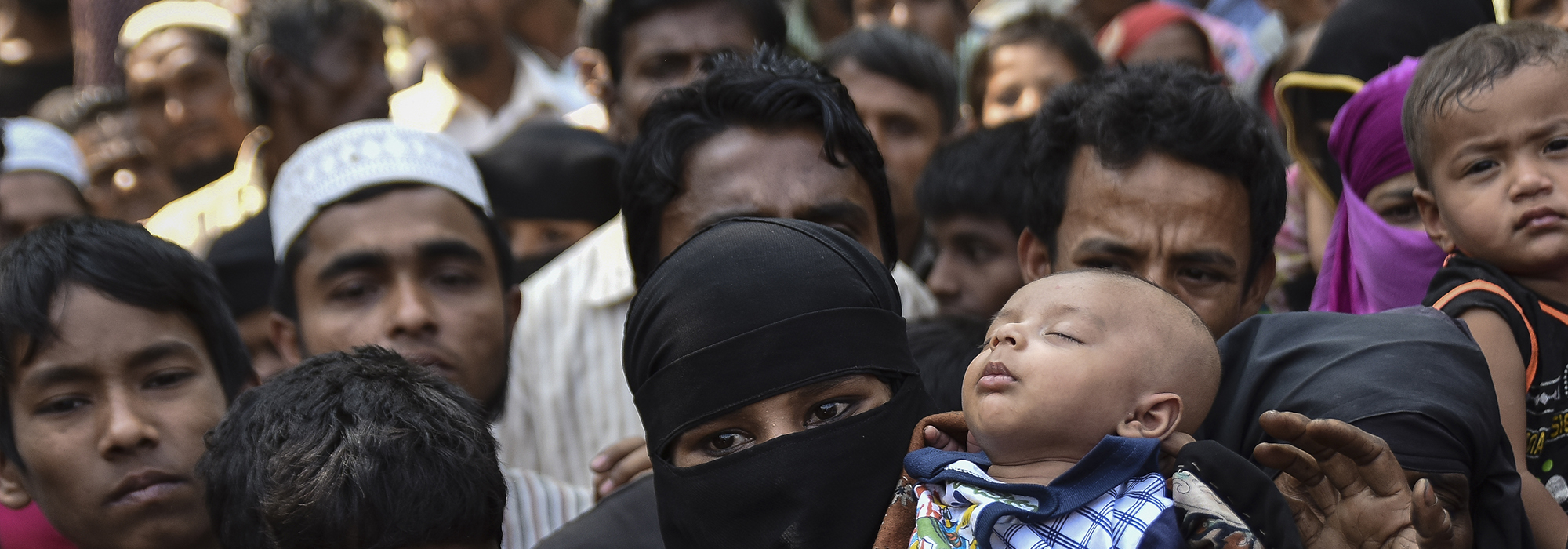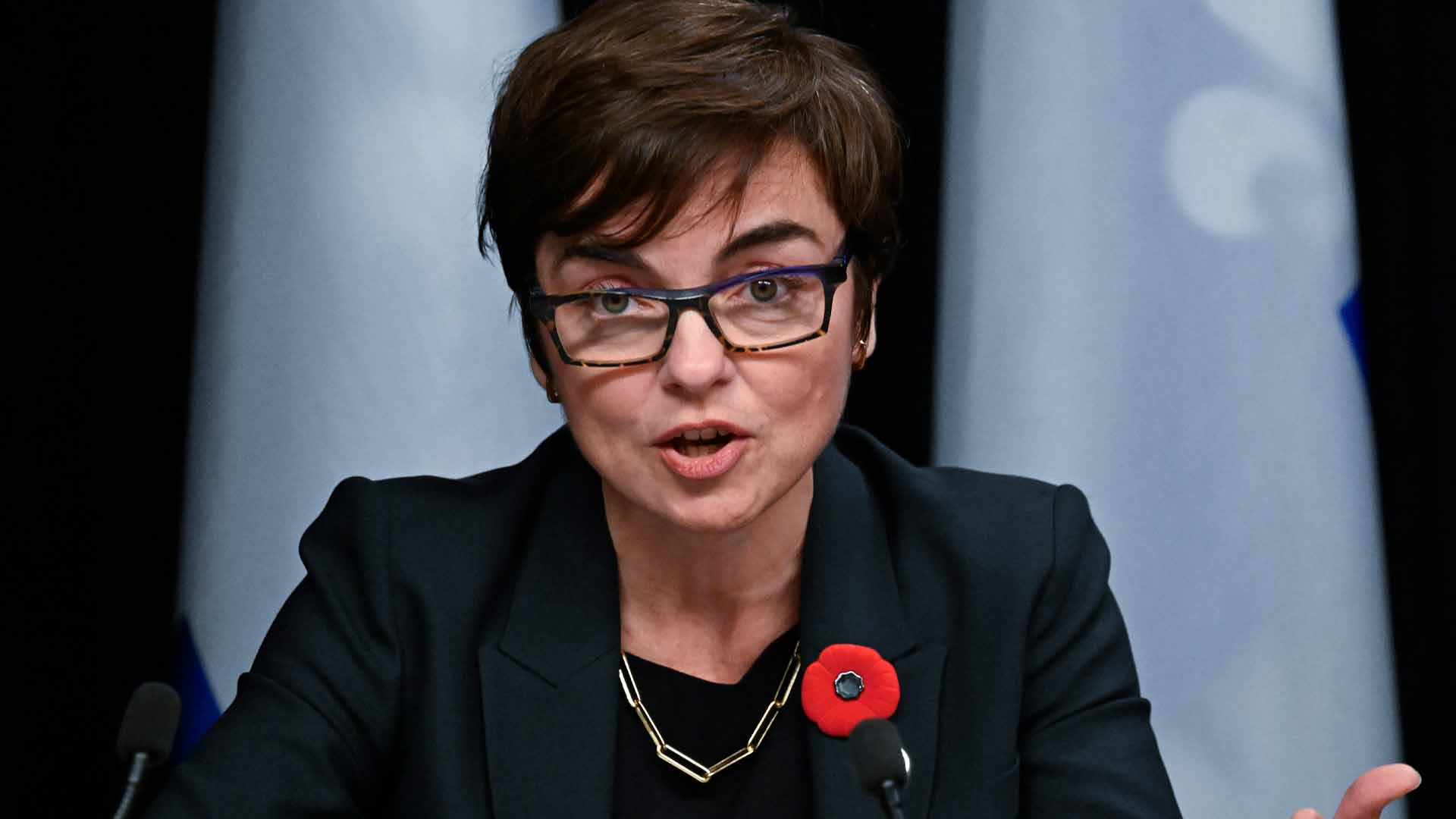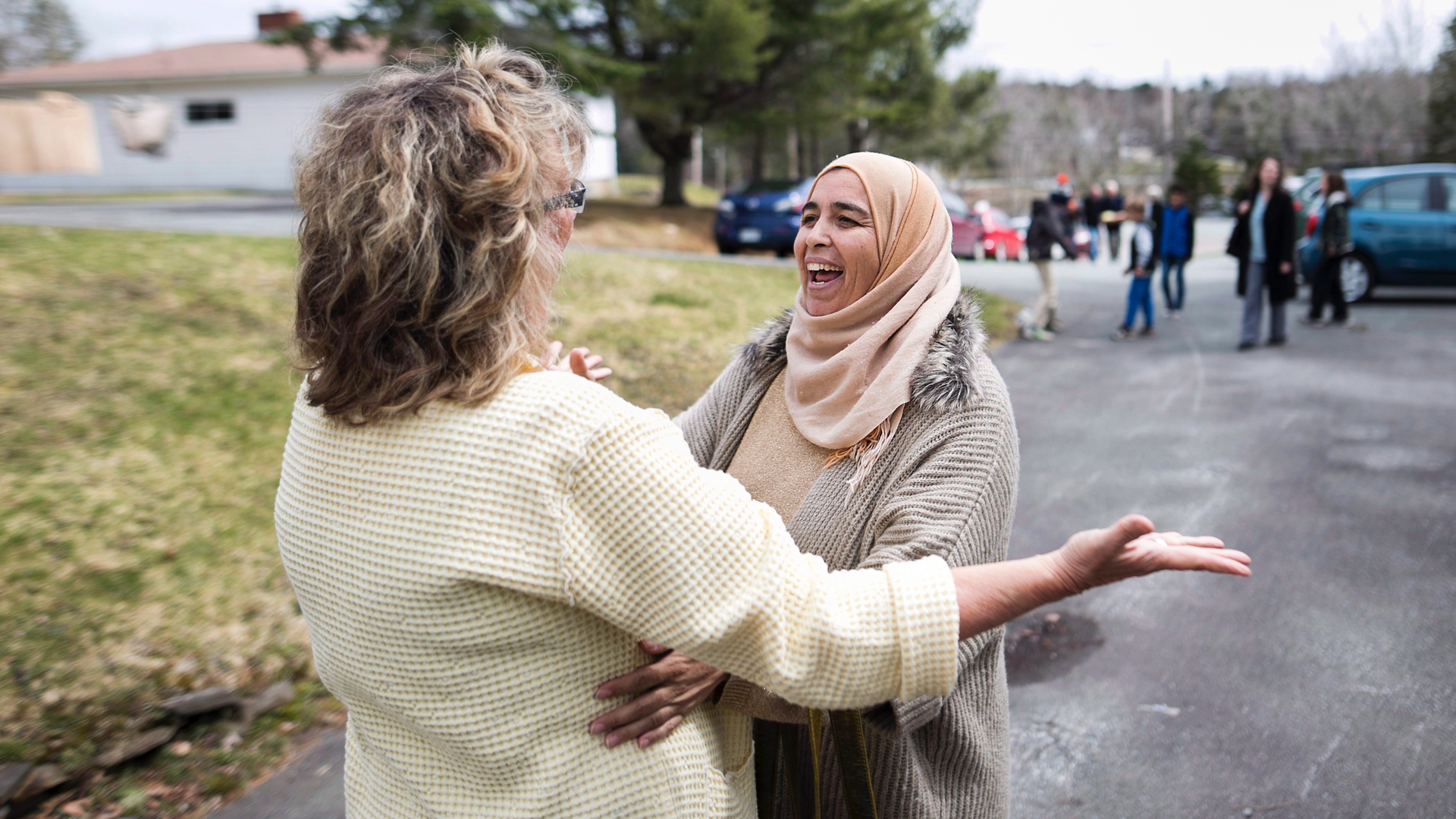
Since the intensification of Myanmar’s violence against the Rohingya in August 2017, more than 700,000 Rohingya refugees have fled to Bangladesh; 43,000 are feared dead; as many as 81,000 women and girls are believed to have been impregnated by rape; and more than 360 Rohingya villages have been completely or partially destroyed. For hundreds of thousands of Rohingya refugees living in camps, the arrival of monsoon season in Bangladesh threatens even greater misery and danger from flooding and mudslides.
It is not only Myanmar’s military that bears responsibility for these atrocities. Civilian branches of the government under control of Aung San Suu Kyi also bear responsibility for enabling the abuses (including the ministries of information, religious affairs, immigration, and foreign affairs).
And yet, the state of Myanmar has been made to suffer few consequences. As a May 2018 report from the UK Parliamentary Committee on International Development points out: “sanctions have not been re-imposed except on a small number of officers. . .development aid still flows in; the army seems to be more popular if anything; and Burmese military spending has risen markedly.”
Canada claims to be playing a “leadership role” in the international response to the Rohingya crisis – but has pledged only half the amount of humanitarian aid recommended by Canada’s special envoy to Myanmar, Bob Rae and has placed sanctions on only one general so far (two months after the United States did so).
Unlike France, Canada has not even recognized the situation as a genocide – even though it is well-documented that the Rohingya have been subjected to almost all the forms of treatment listed in the UN Genocide Convention: 1) killing; 2) serious bodily and mental harm; 3) infliction of conditions calculated to bring about their physical destruction as a group (tens of thousands of Rohingya have been confined in camps for “internally displaced people” in Myanmar, where they have been deprived of food, water, and medical care); and 4) the imposition of measures intended to prevent births (for example, Myanmar’s “race and religion protection laws” of 2015, which impose restrictions on Rohingya marriages and births).
Canada claims to be playing a leadership role in the international response to the Rohingya crisis – but has pledged only half the amount of humanitarian aid recommended by Canada’s special envoy to Myanmar, Bob Rae.
Under international law, states are obligated to not only to prosecute genocide after it has occurred, but also to prevent it as it occurs. According to the International Court of Justice, “a State’s obligation to prevent, and the corresponding duty to act, arise at the instant that the State learns of, or should normally have learned of, the existence of a serious risk that genocide will be committed.”
That threshold was passed long ago. Myanmar’s atrocities against the Rohingya have been recognized as characteristic of genocide by the International Alliance to End Genocide (since 2012), Yale Law School’s Allard K Lowenstein Human Rights Clinic, Yale Law School, for Fortify Rights (2015), the International State Crime Initiative at Queen Mary University of London (2015), an international experts’ tribunal on Myanmar (2017), the US Holocaust Memorial Museum’s Simon-Skjodt Center for the Prevention of Genocide, for Fortify Rights (2017), the Montreal Institute for Genocide and Human Rights Studies (2017), and the UN Special Rapporteur on the situation of human rights in Myanmar (March 2018).
The international failure to address the genocide perpetrated against the Rohingya people has not only emboldened the Myanmar regime in its violence against other minority groups, but also undermines the international rules-based system.
We call on Canada to recognize the Rohingya crisis for what it is – a genocide – and act commensurately by
- using all political and economic means to pressure Myanmar to comply with international law in its treatment of the Rohingya – including through the imposition of sanctions on all military and civilian authorities responsible for violations;
- re-evaluating all Canadian assistance to and investment in Myanmar, to confirm that individuals and institutions implicated in genocide are not receiving any downstream benefits;
- doing our share to ensure that the humanitarian relief effort for Rohingya refugees is fully funded; and
- supporting efforts to hold the Myanmar state and individuals responsible for genocide accountable.
Last month, Prime Minister Justin Trudeau announced that he will formally apologize for Canada turning away Jewish refugees fleeing the Holocaust during the Second World War. As Irving Abella and Harold Troper make clear in their book None is Too Many, Canada’s gross failure toward Jewish refugees was due not to lack of information about their situation, but to lack of political will. As a genocide continues to unfold in Myanmar in plain sight, we should expect that our failure to act now will be judged harshly by history.
This article is an open letter that is also signed by the following individuals (institutional affiliations have been listed for identification purposes only):
Sharry Aiken, associate professor, Faculty of Law, Queen’s University
Reem Bahdi, associate professor, Faculty of Law, University of Windsor
David Baker, BakerLaw
Natasha Bakht, associate professor, Faculty of Law, University of Ottawa
Faisal Bhabha, associate professor, Osgoode Hall Law School, York University
Michael Byers, professor and Canada Research Chair in Global Politics and International Law, University of British Columbia
Paul Copeland, CM, life bencher, Law Society of Ontario
Mohammad Fadel, associate professor, Faculty of Law, University of Toronto
Nader Hashemi, associate professor, Josef Korbel School of International Studies, University of Denver
Jasminka Kalajdzic, associate professor, Faculty of Law, University of Windsor
Hon. David Kilgour, JD
Dimitri Lascaris, lawyer and journalist
Stephen Lewis, former Canadian ambassador to the United Nations
Audrey Macklin, director, Centre for Criminology and Sociolegal Studies, and professor and Chair in Human Rights Law, Faculty of Law, University of Toronto
Errol Mendes, professor, Faculty of Law, University of Ottawa; president, International Commission of Jurists (Canada section)
Obiora Okafor, professor and York Research Chair in International and Transnational Legal Studies, Osgoode Hall Law School, York University
John Packer, associate professor of law and director, Human Rights Research and Education Centre, University of Ottawa
Anneke Smit, associate professor, University of Windsor Faculty of Law
Maung Zarni, Burmese scholar, activist, and a coordinator with the Free Rohingya Coalition
TEKNAF, BANGLADESH – Rohingya refugees from Myanmar waiting for food aid in Kutupalong refugee camp near Cox’s Bazar, Bangladesh. APRIL 1, 2017 Photo: Shutterstock/By Hafiz Johari
Do you have something to say about the article you just read? Be part of the Policy Options discussion, and send in your own submission. Here is a link on how to do it. | Souhaitez-vous réagir à cet article ? Joignez-vous aux débats d’Options politiques et soumettez-nous votre texte en suivant ces directives.







